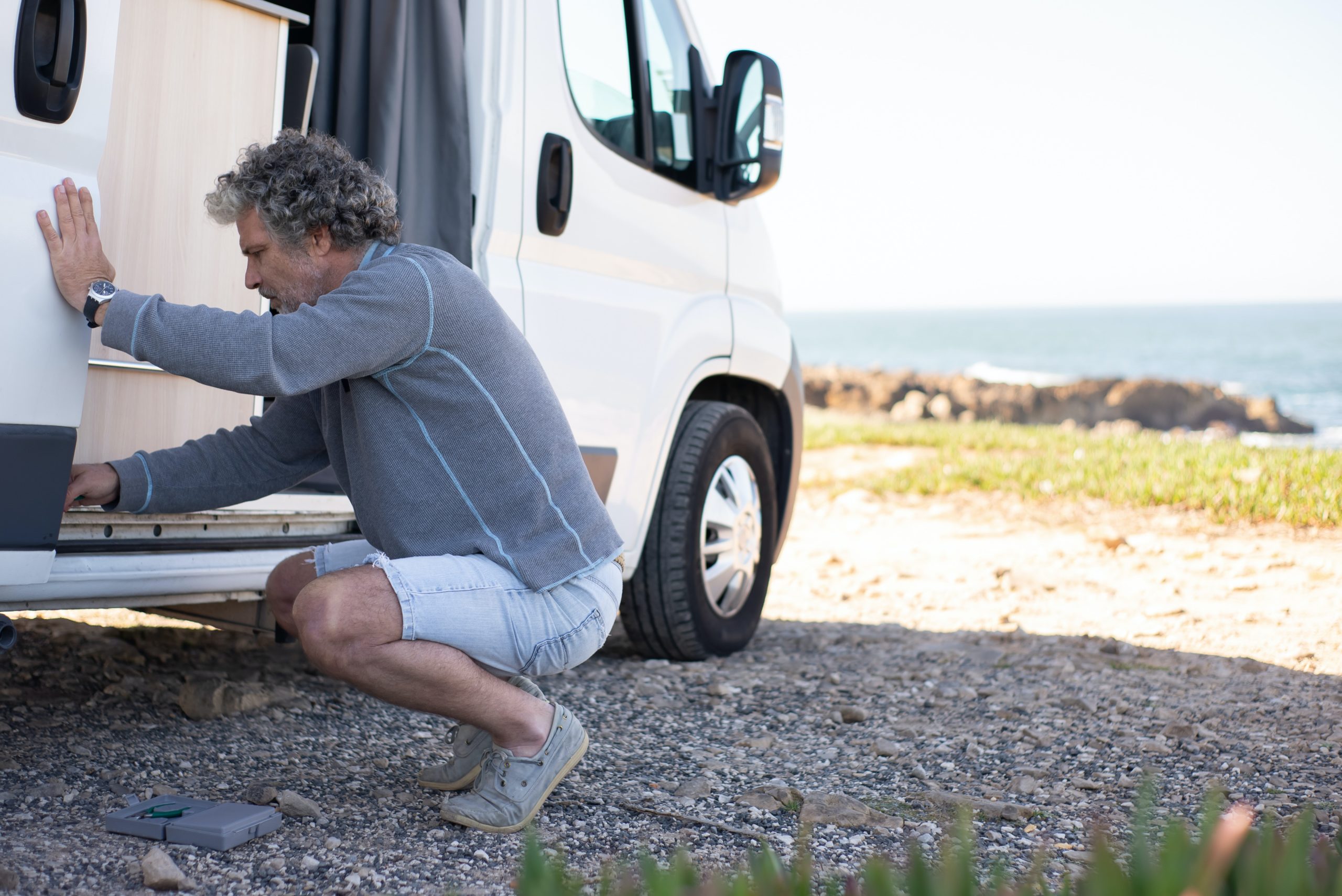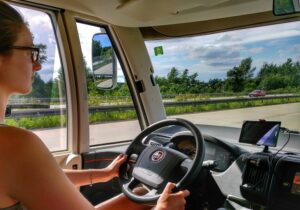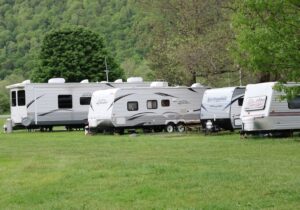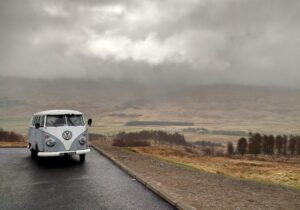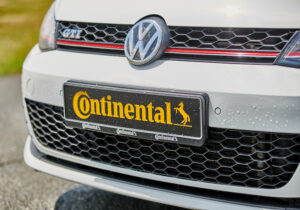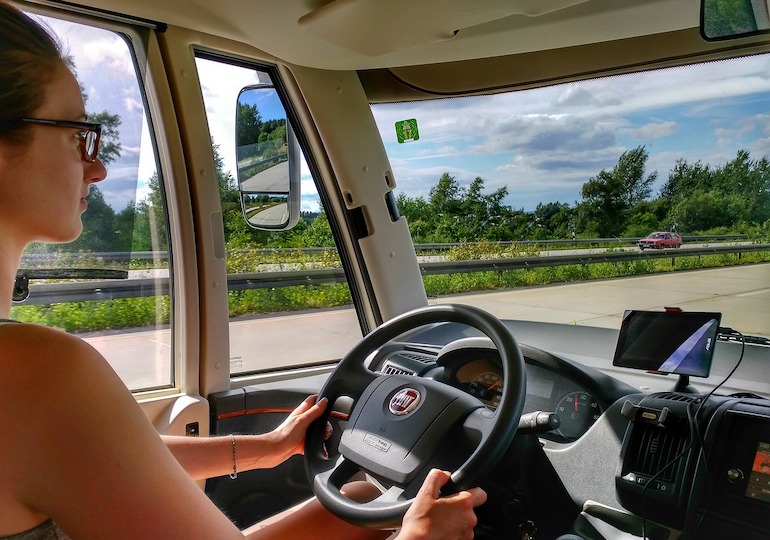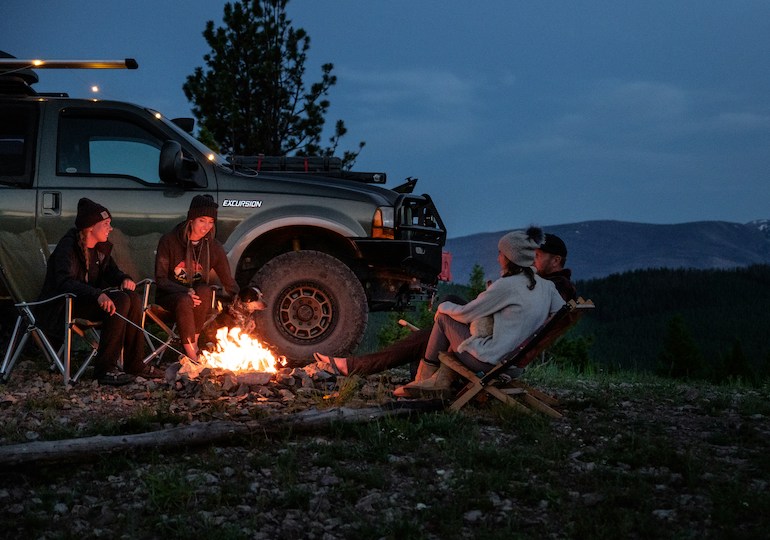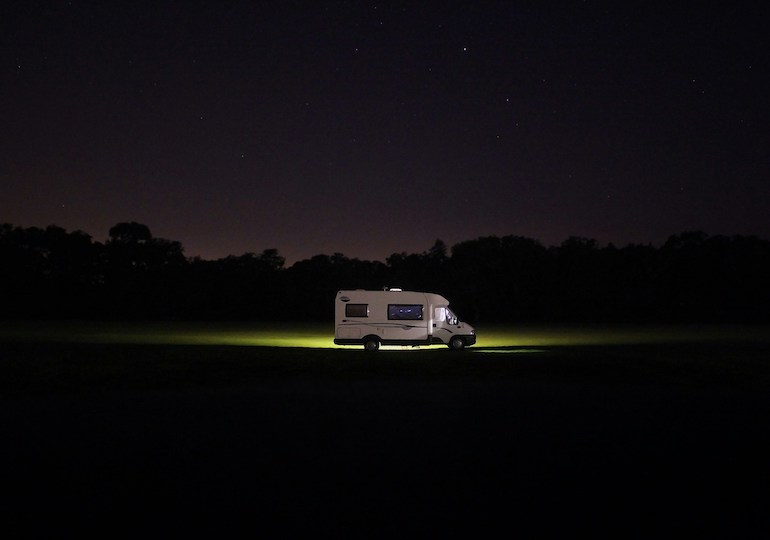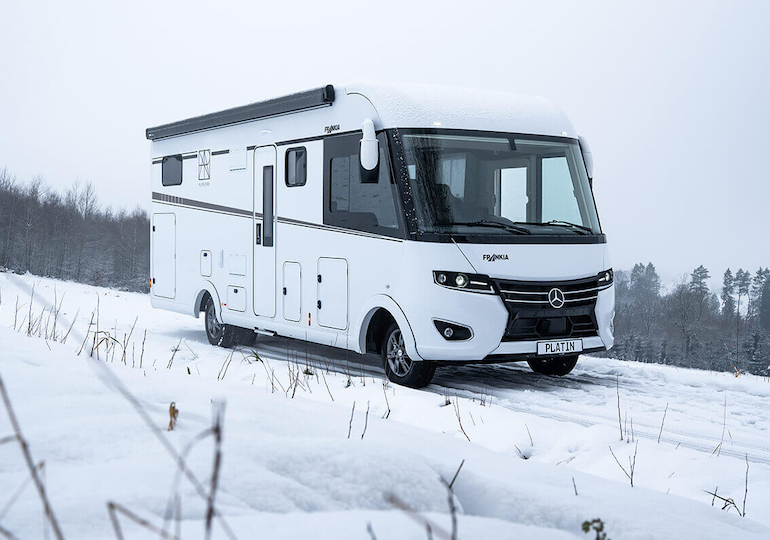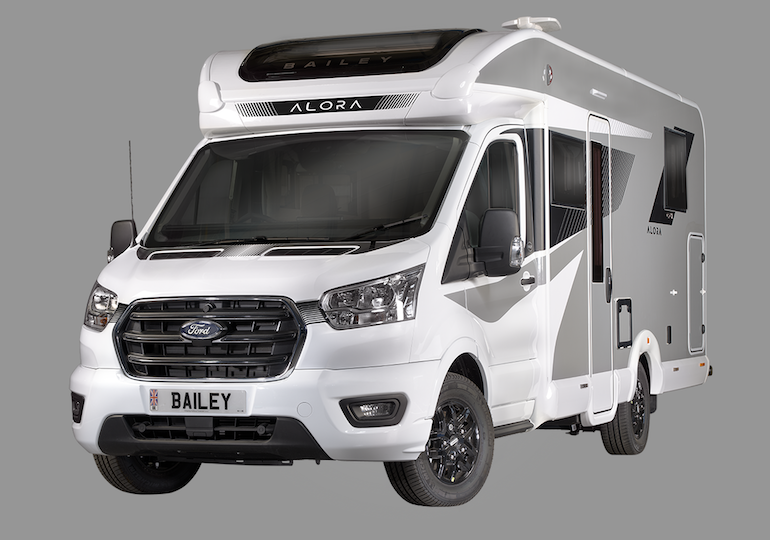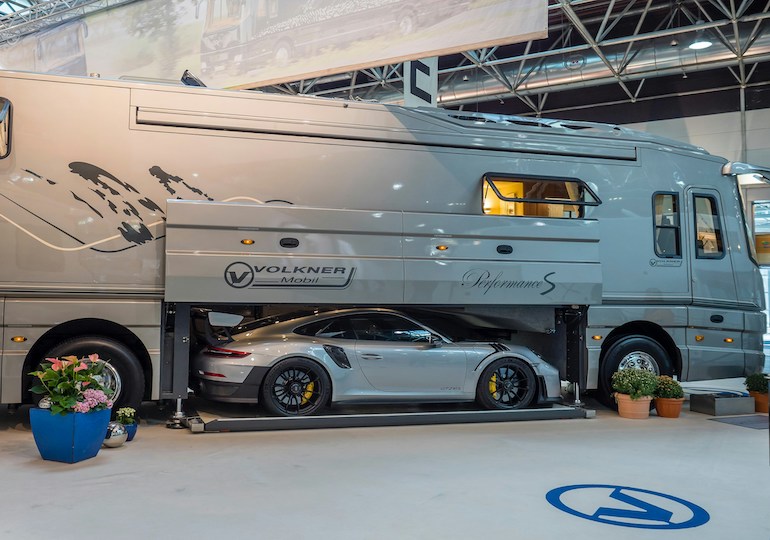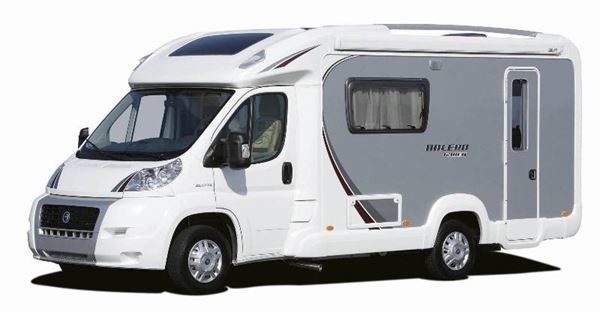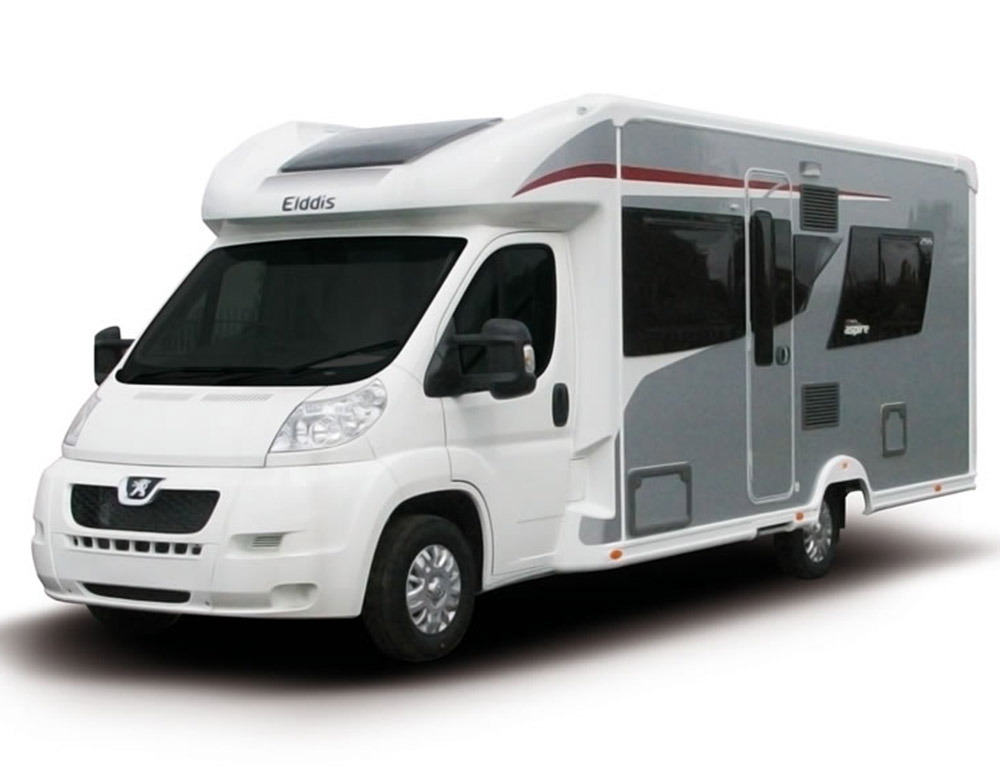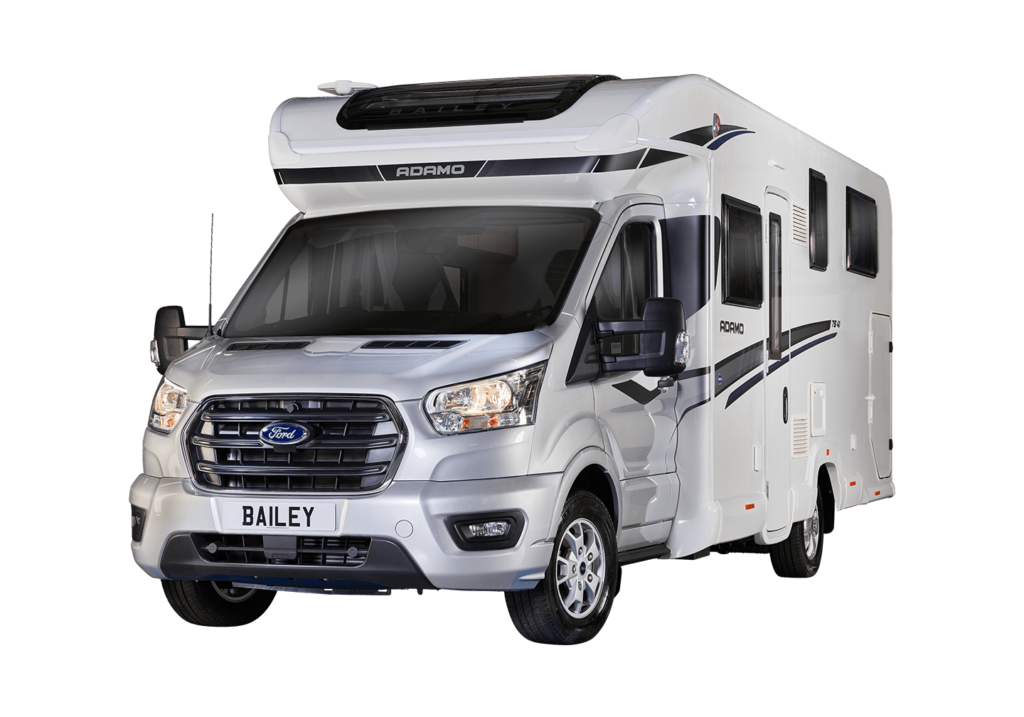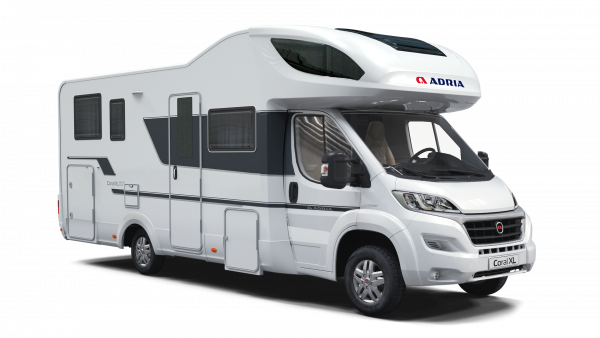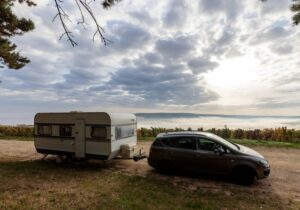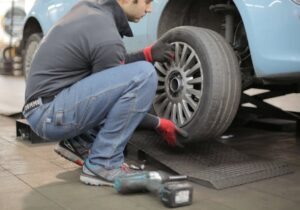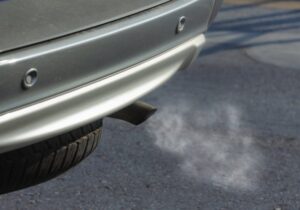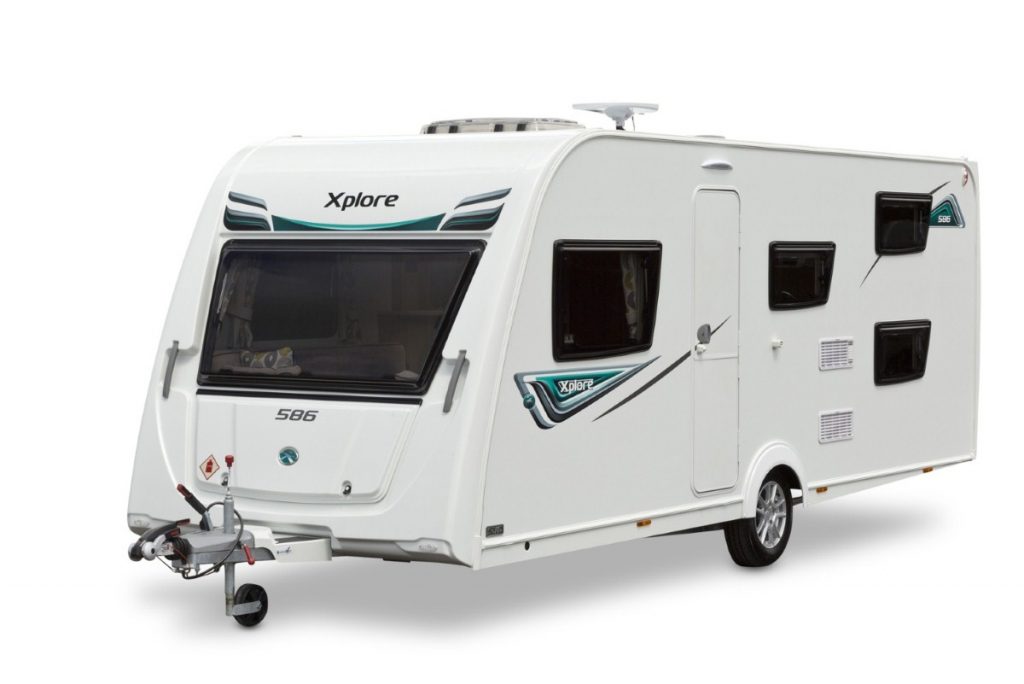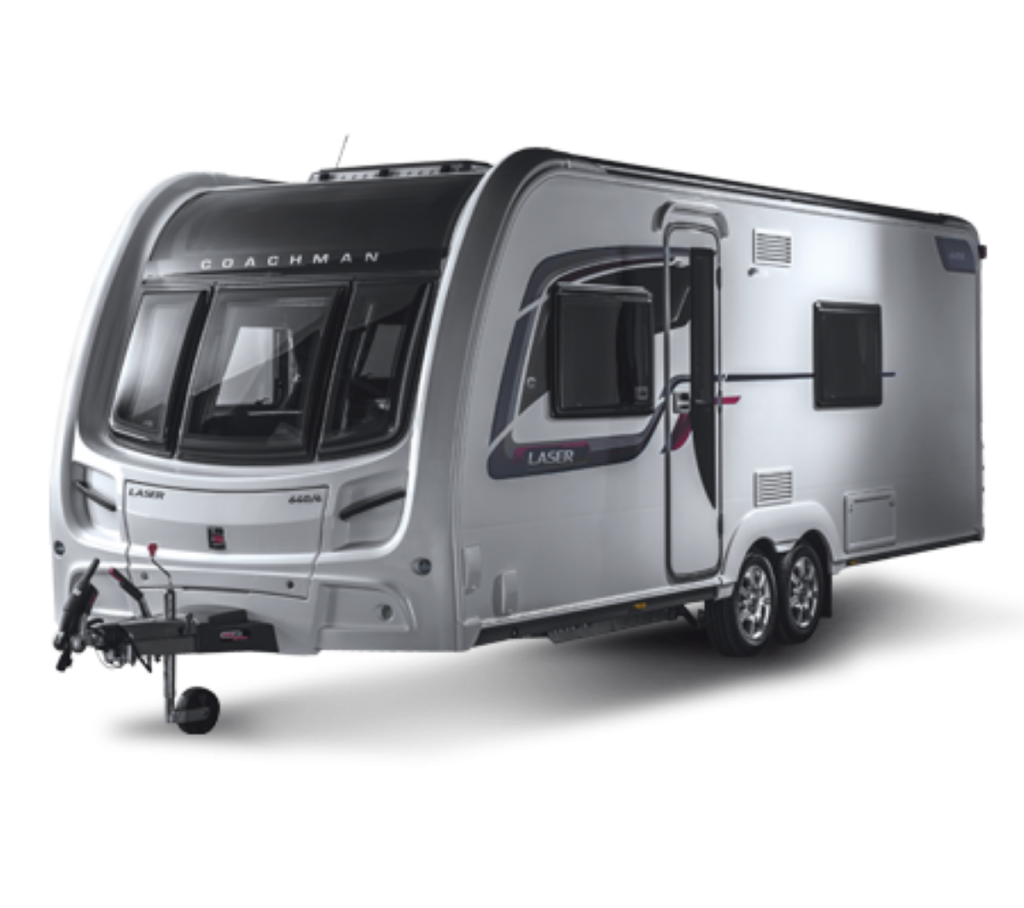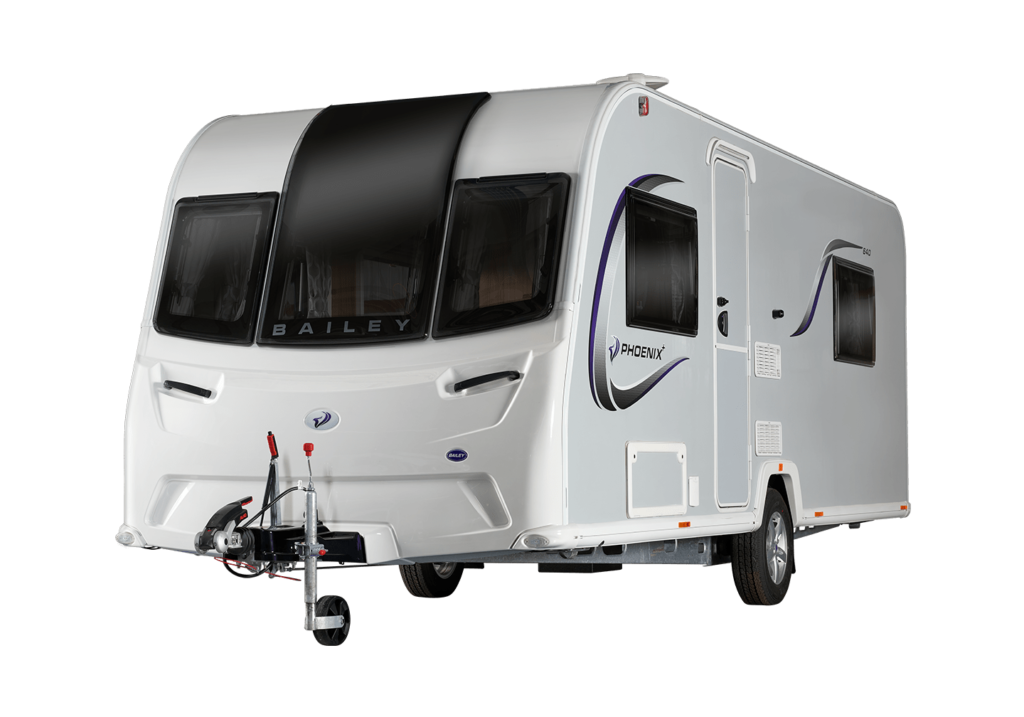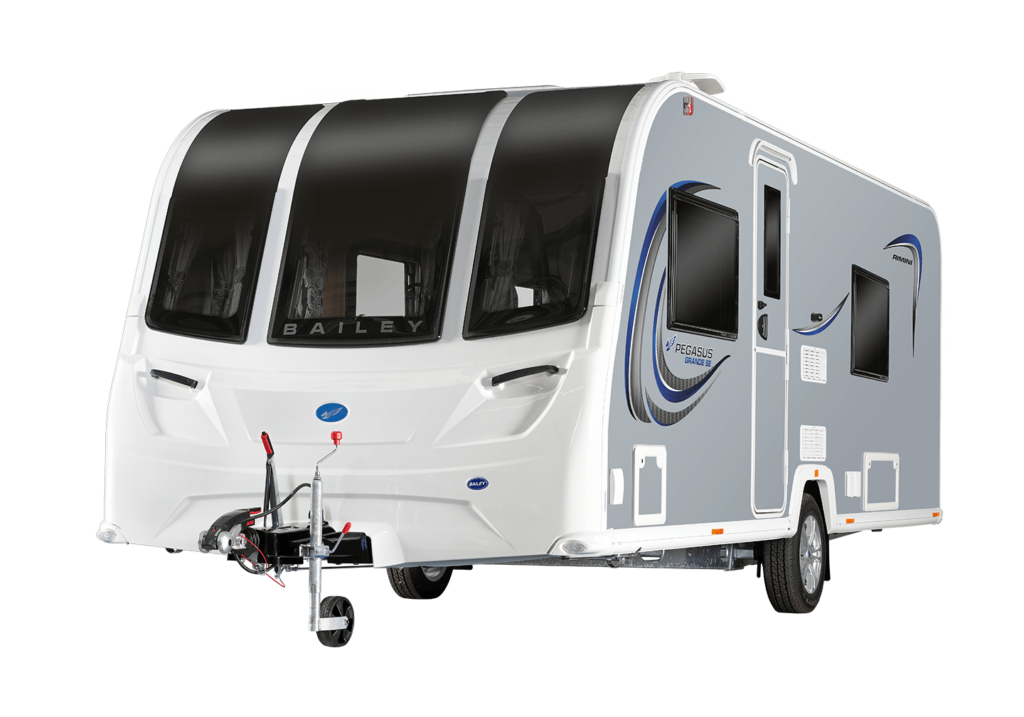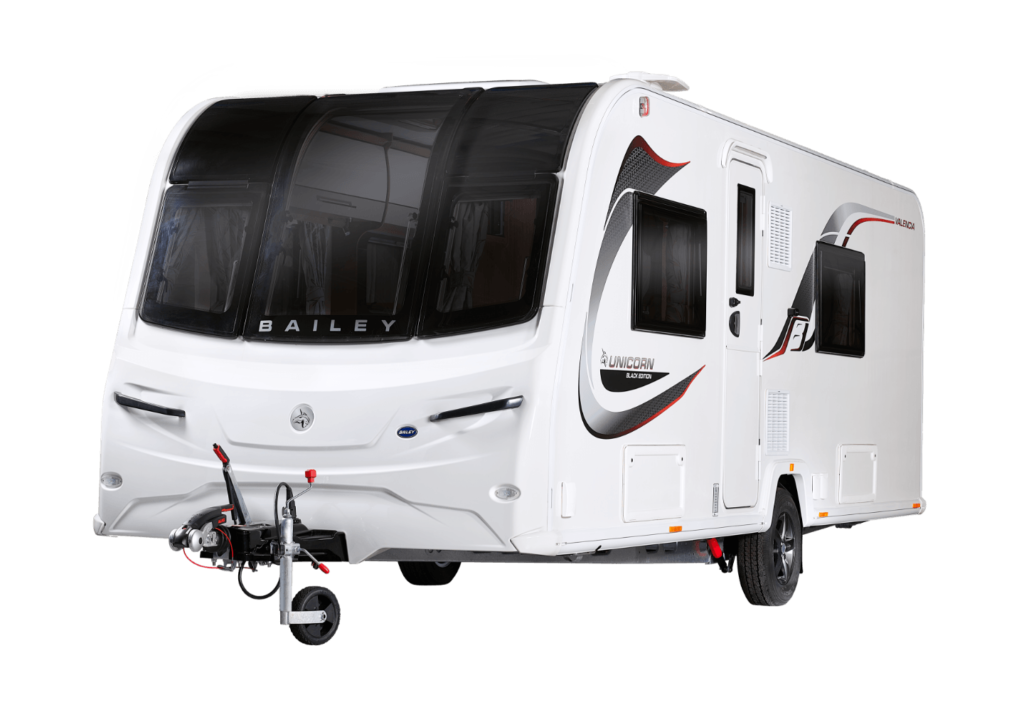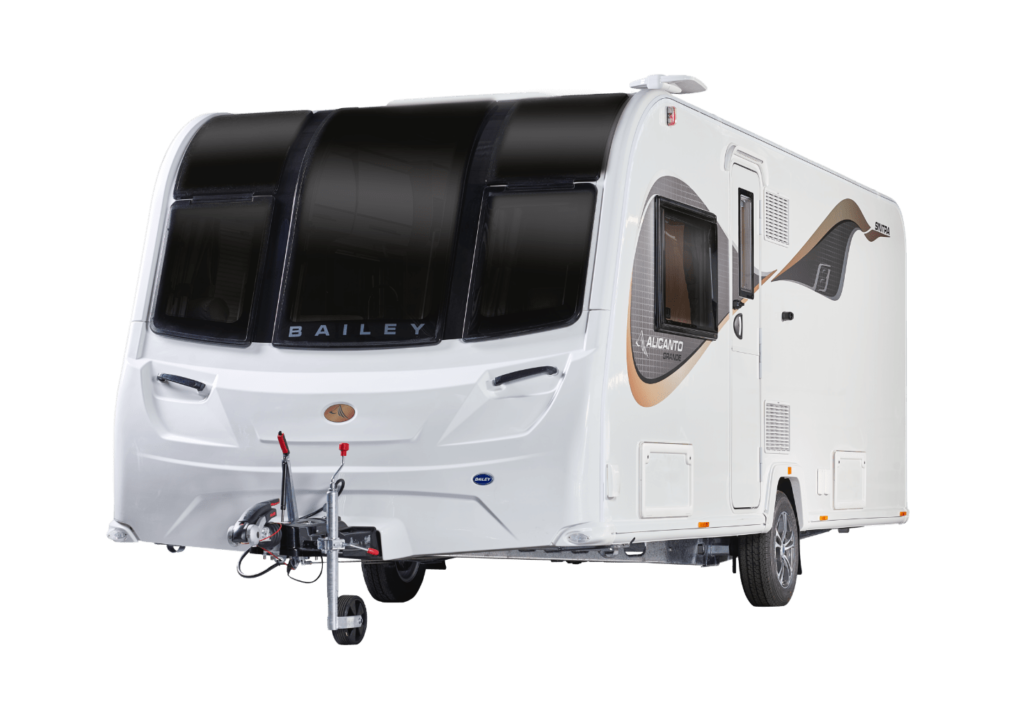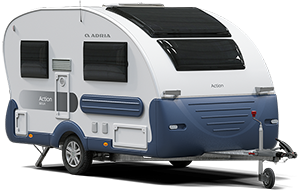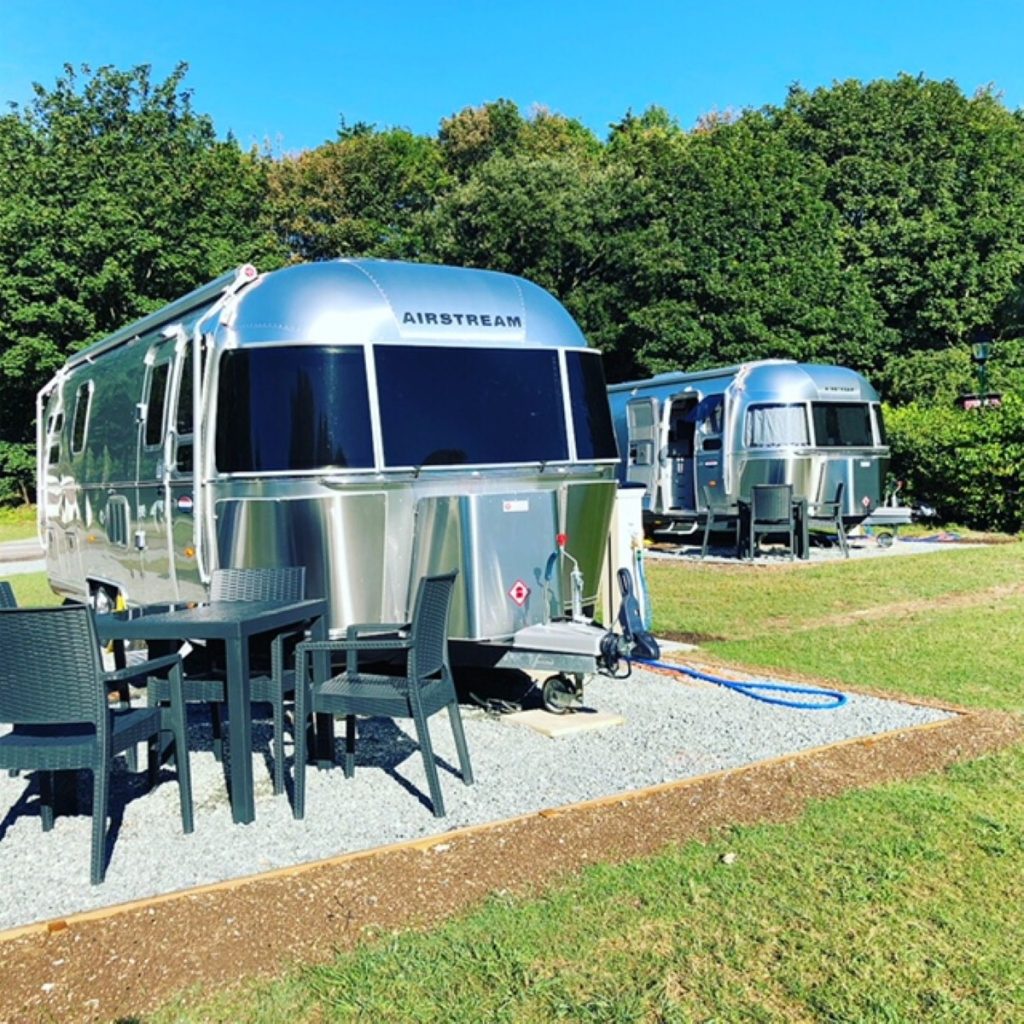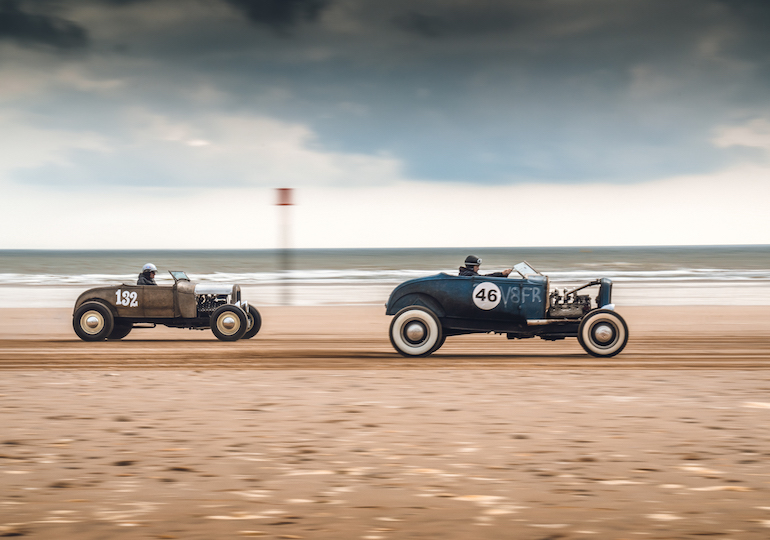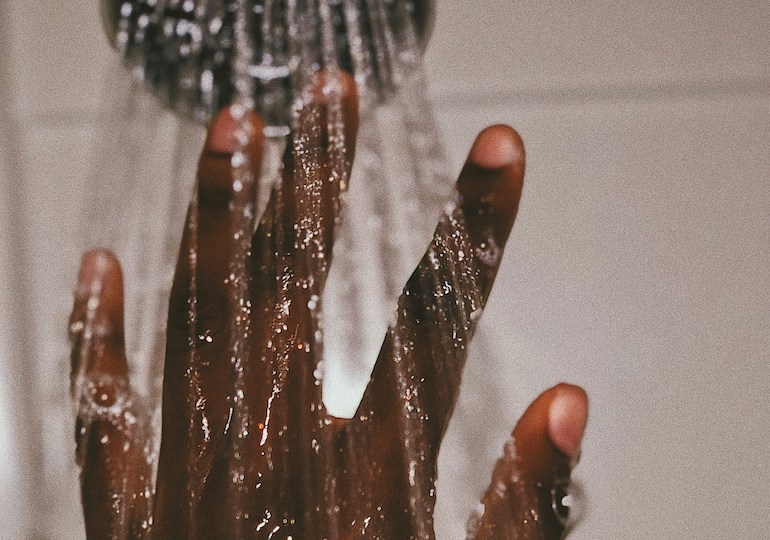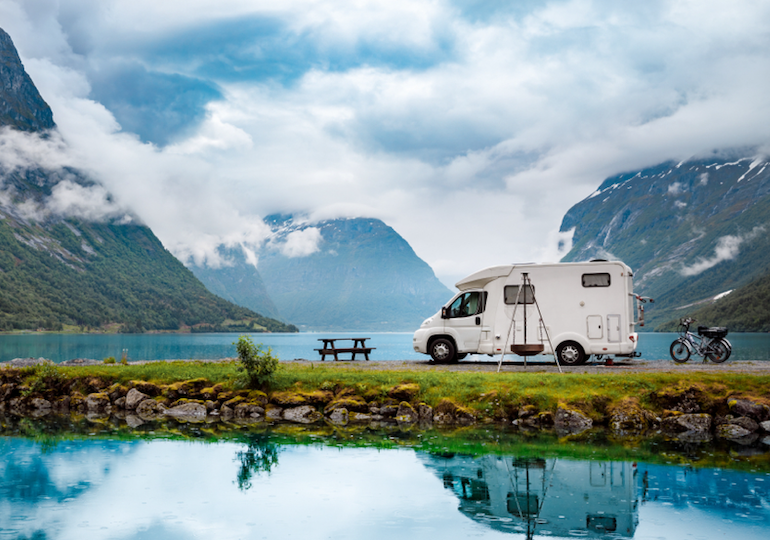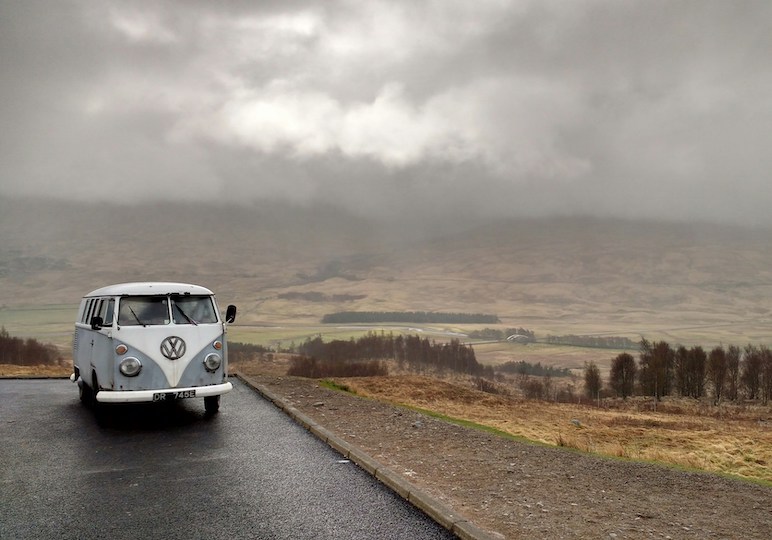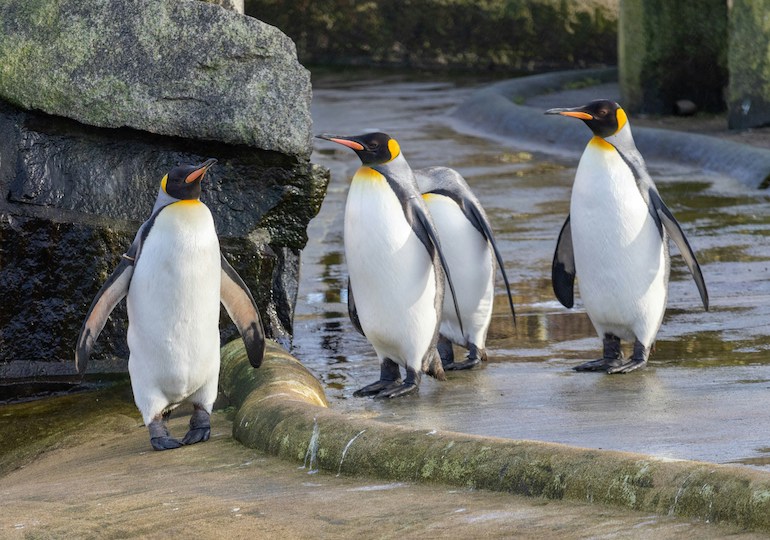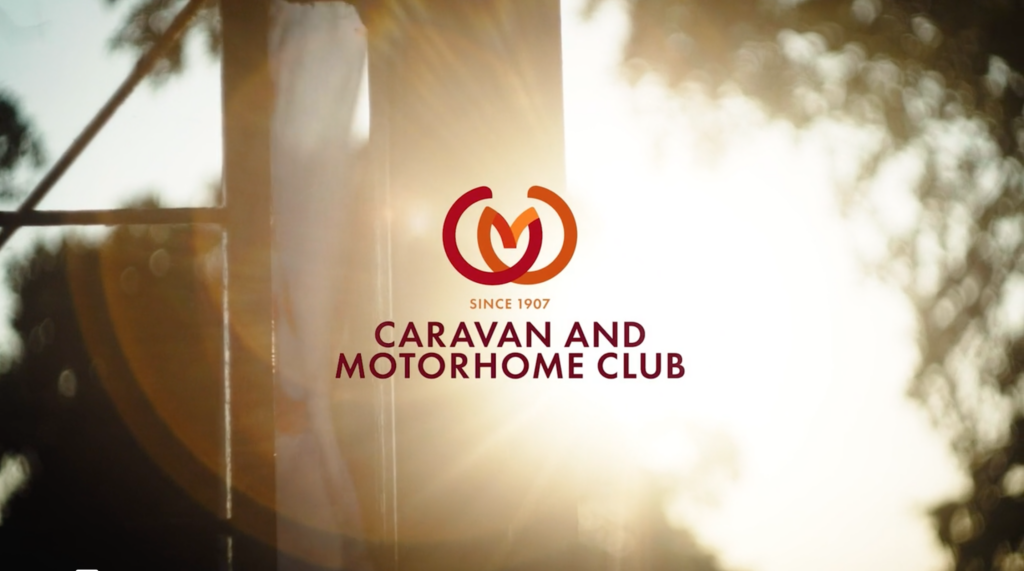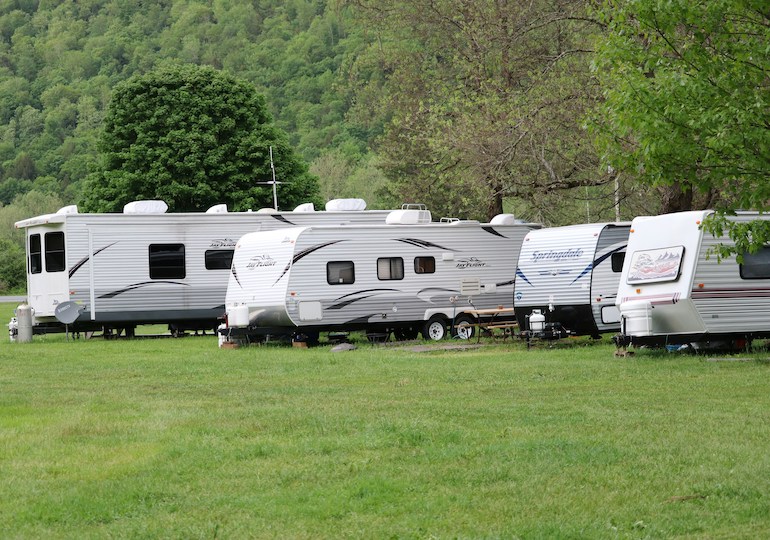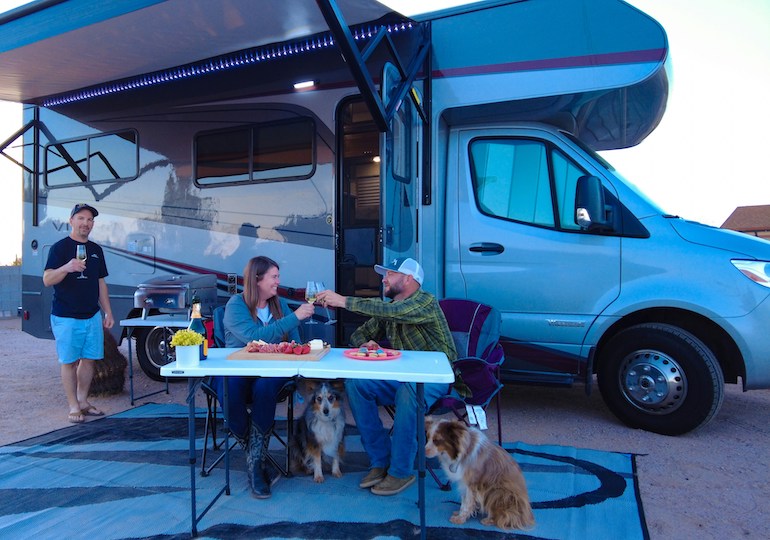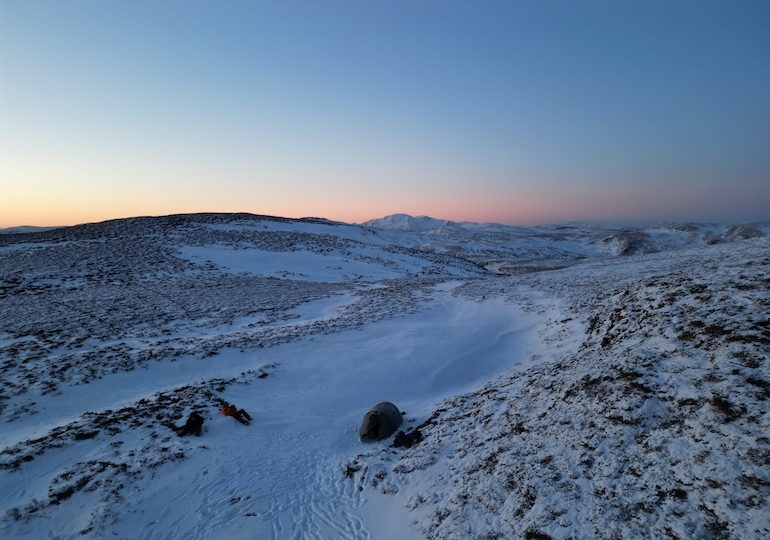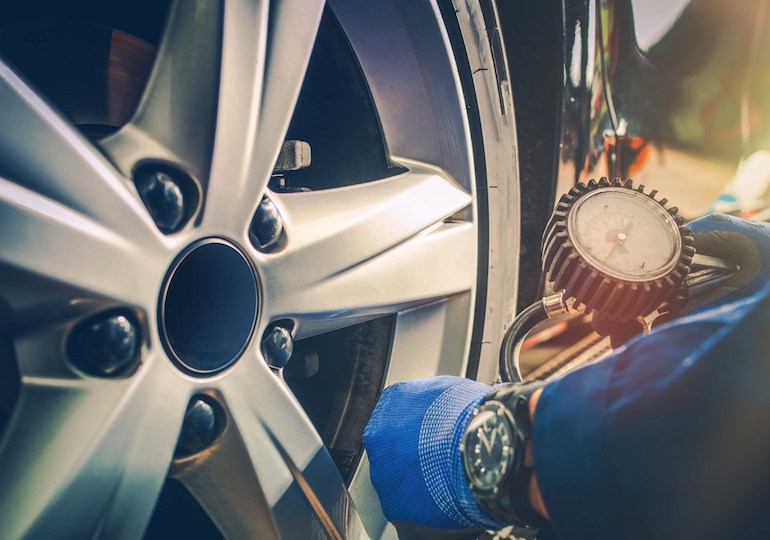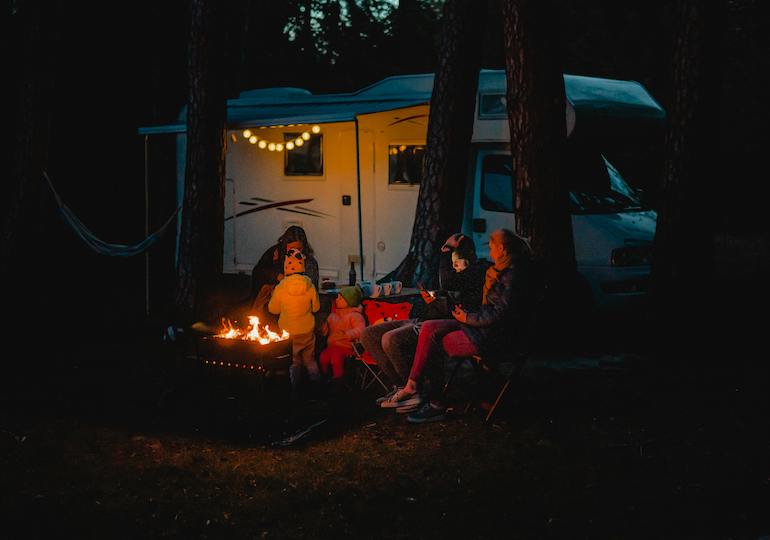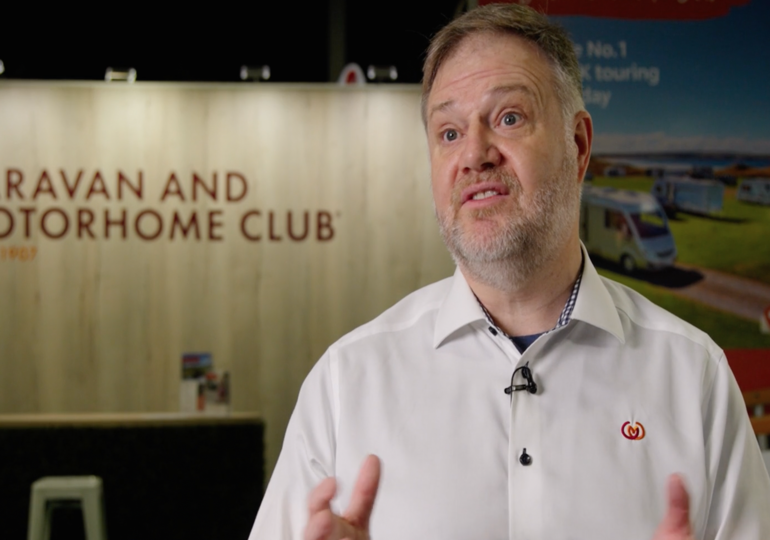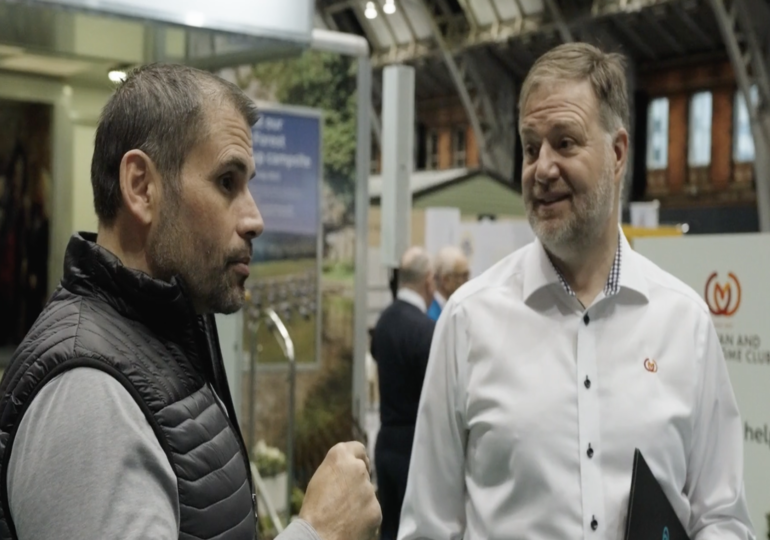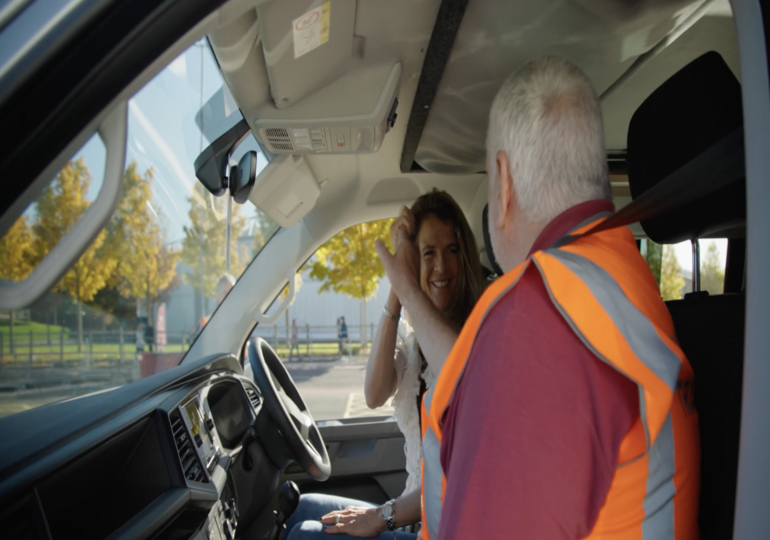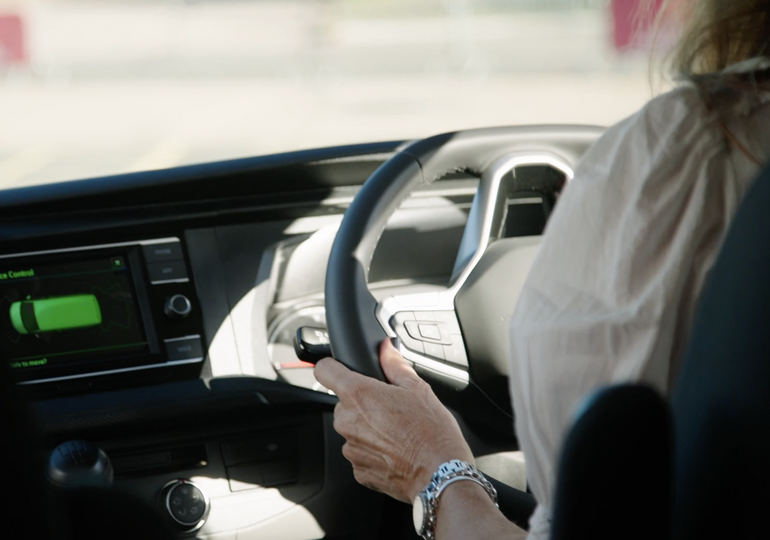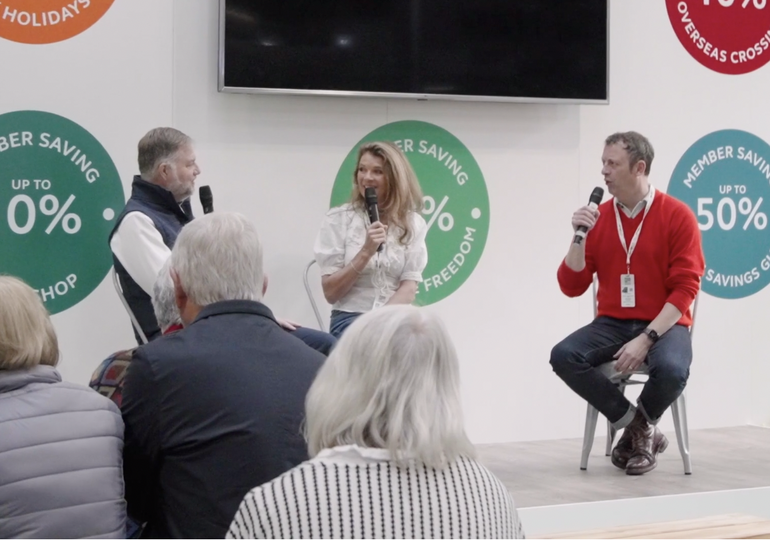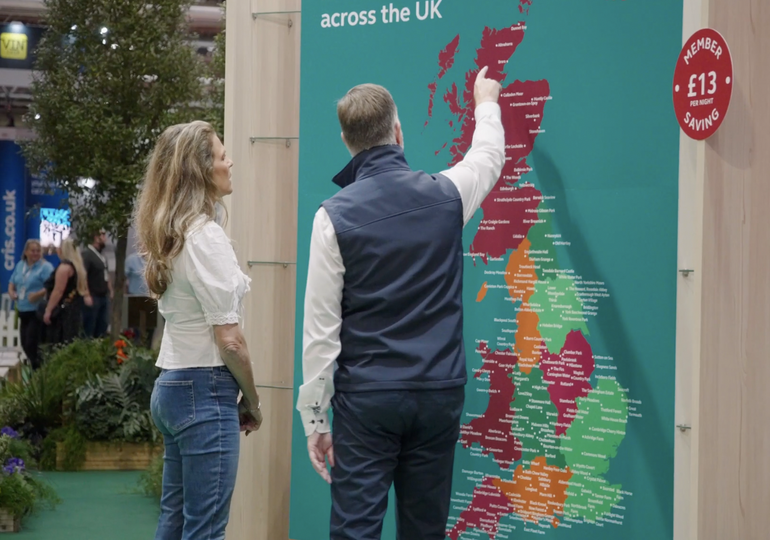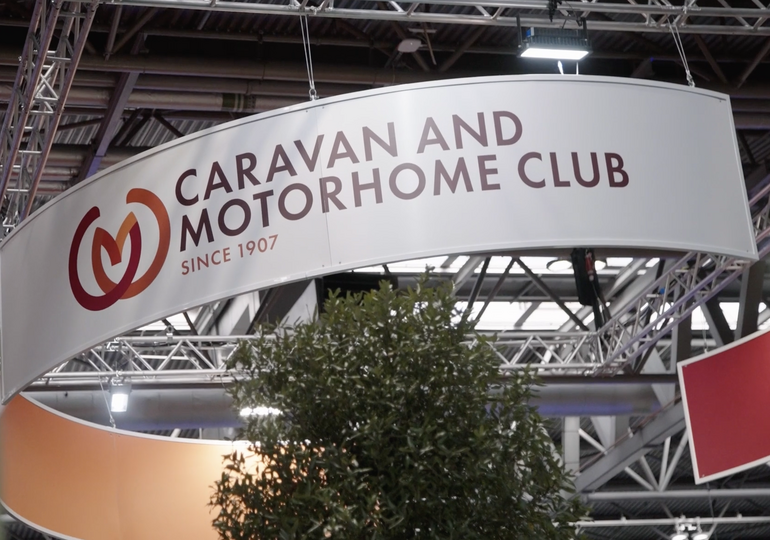“Don’t go for shiny; really consider the detail.” This is the advice being offered by CaravanTimes’ own motorhome guru Dan Cartright for anyone looking to purchase a new leisure vehicle.
He spoke to us recently about the things he always looks out for when considering a motorhome, keeping the way his family lives at the front of his mind.
Layout
There are a number of different configurations for any given space, which will broadly fall into certain categories. Have a look at wildly different models to see how they vary and which layout has the best ability to deal with your needs.
Dan said: “Really consider the details, because these are the things that will make your holiday pleasurable or a little bit annoying.”
Separate seating area
If you’ve spent the whole day driving, ask yourself if you want to be sitting in the exact same seat all evening. Different vans of similar sizes can offer separate seating areas from the driving seat, so keep this in mind.
Central locking
Right the way through from van conversions to A-classes, not all leisure vehicles have central locking. That includes central locking on the habitation door, which Dan described as “super annoying” if it’s missing.
Having to go around and physically put a key in the lock of every door doesn’t sound like a lot, but it will quickly start to grate on you. If you use your new leisure vehicle regularly, you’ll notice the difference.
Keys
Ask whether there are different keys for your outside storage lockers, as it’s these types of things that can prove frustrating in adverse weather conditions. Dan gave the example of coming back after a day of surfing and having to try multiple keys when it’s cold and you just want to get into the warmth.
Motorhome holidays should be as simple and stress-free as possible, so having confusing, multiple sets of keys is something to avoid.
Water and waste capacity
Think about how much water and waste your potential purchase can hold. This is particularly important if you’re thinking about going off-grid, as a caravan with a small water and waste capacity could become an issue.
Consider this in relation to the number of passengers you’ll be travelling with. Solo campers and couples will have different needs to a family of four and can be the difference between staying on campsites or wild camping.
Plugs, sockets and USB ports
Look at the number of sockets available and where they’ve been positioned. Many people like to charge their devices at night, for example, so sockets close to the beds are important for them. Making do or trying to adapt provision later on can mean losing valuable space.
Dan said: “Space is at a premium in these vehicles and by the time you’ve got a four-gang adaptor plugged in on your kitchen work surface, there’s no space on the work surface to do anything else.”
Think carefully before making such a big purchase
Buying a motorhome is likely to be one of the largest purchases you ever make and represents a commitment to a certain type of holiday for the foreseeable future. While some of the advice given here seems almost pernickety, it’s amazing how the small things can become important.
Dan summarised: “Start thinking about the real practicalities. So, when you’re in it and you’re sitting there relaxing in the evening, you have the amenities you need. When you’re cooking, are there the plug sockets and the space for what you need to do?
“When you’re in bed, is it big enough? If you’re tall, do your feet stick out the end of the bed? Even silly things that get misconsidered include whether there’s somewhere to put a glass of water or a cup of tea next to the bed.”
Photo credit: Pexels/Kampus Production

